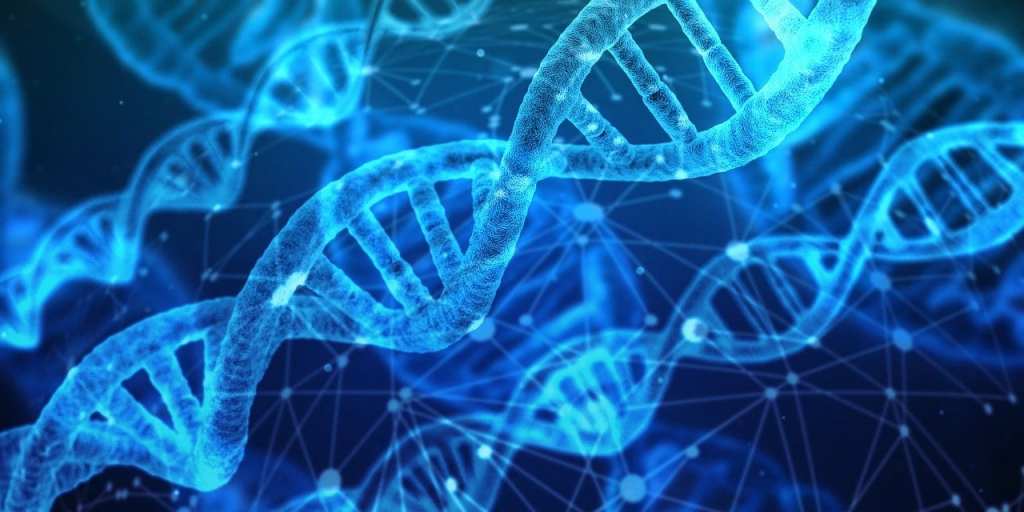Scientists have gotten one step closer to in figuring out how autism spectrum disorder relates to the brain’s information pathways. And after conducting studies on both mouse and human brains, this new information could go a long way in discovering how the disorder operates.
According to a report in Nature Neuroscience, researchers found that an abnormality in cells produces a substance called myelin. This substance is critical in providing insulation in brain wiring, but a shortage or excess of myelin can result in a variety of neurological problems.
According to Brady Maher, a lead investigator at the Lieber Institute for Brain Development, “Myelination could be a problem that ties all of these autism spectrum disorders together.”

Photo Credit: Pixabay
The associate professor from Johns Hopkins School of Medicine added that we may be able to change the developmental trajectory for children if we treat it soon enough.
Though autism research is still ongoing, this new discovery could also help explain the brain size discrepancy for people with autism spectrum disorders. Ironically, the myelination revelation happened on accident.
While studying brain cells in mice with a specific gene mutation, Maher said, “We saw a signature that suggested there might be something wrong with myelination. So that was pretty surprising to us.”

Photo Credit: Pixabay
Biostatistics expert Andrew Jaffe assisted by looking at a genetic analysis of brain tissue from people with autism who had passed away. Interestingly, the myelination problem reared its ugly head in those cases, too. However, scientists maintain that the only way to get a full grasp of the problem is to study developing brain tissue.
This obviously poses a challenge, but it is possible through the use of brain organoids—human brain cells that can be grown in a petri dish.
If scientists can continue forging forward and learn more about autism spectrum disorder, there is the possibility that the myelination problem could be corrected in children earlier in life.






